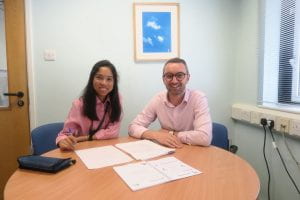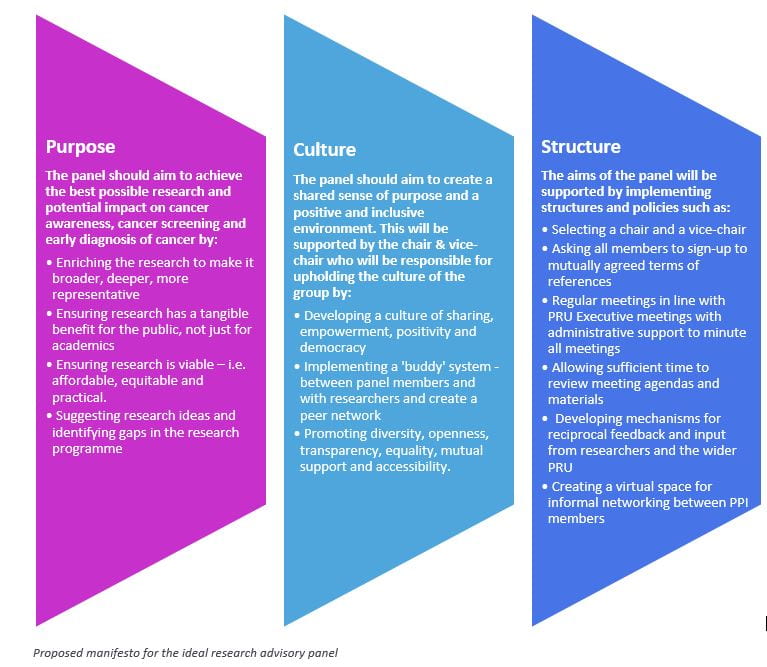Dementia research behind the Scenes: Experience of an A-level student in an academic department
By guest blogger, on 30 September 2019
 We have a fantastic post below from Vennie an A-level student aspiring to study Medicine at university. She visited the Research Department of Primary Care and and shadowed some of our academics in their various projects in July. In this post talks about her experience and what she took away from it.
We have a fantastic post below from Vennie an A-level student aspiring to study Medicine at university. She visited the Research Department of Primary Care and and shadowed some of our academics in their various projects in July. In this post talks about her experience and what she took away from it.
Dementia is an increasing problem especially with the growing older population in the UK. The awareness of dementia is rising, especially through the use of media and organised events such as Memory Walks. However, how much do we know about dementia?
Well, in simple words, dementia is the ongoing decline in the brain. This is only an umbrella term for 200+ different sub-types of dementia that exists, some of which you may have heard off. For example the most common two are Alzheimer’s disease and vascular dementia.
During my placement in the Research Department of Primary Care and Population Health at the Royal Free Hospital, I was able to shadow members of the team that are involved at different levels of research projects.
I discovered that there are many stages which make up the process of a research project. Starting with the planning and design of the research project, ethics, and recruitment through to finally analysing and presenting the results produced. Alongside all this and integrated throughout are processes to ensure the results are implemented into clinical practice and policy, to make a difference. I learnt about the different types of studies such as qualitative studies and large clinical trials. Due to the involvement of human participants including often patients from the NHS in the studies the department runs, a major part of the research process is the ethical application and review. The purpose of the review is to establish if the project has more benefit than risk to the person and their family as well as is the project being conducted sensitively. For all of this to happen, it may take 5 to 20 years to see a difference in practice and policy.
In order for, this project to be successful, a range of people are required to take part, which in turns bring a variety of skills into the mix. These individuals may include designers, programmers, clinicians, psychologists, sociologists, statisticians, qualitative researchers, and importantly patients and their family themselves. A few of the most prominent skills are communication, teamwork, determination and resilience. For example, a project with Dr Davies and Prof Rait I observed on producing a support package for people with dementia and their families, communication has a massive role to play. The project uses workshops with people with dementia, their family and professionals to develop the support package. There is a need for clear communication between the ranges of people for this project to progress smoothly. The communication may come in the form of discussion-based in meetings, emails and many other ways. Therefore, teamwork is essential as each person will have a special role in the project. Finally, determination and resilience are required from every member of the team as there will be challenges along the way, which could be out of your control that must be overcome. For example, if the project does not meet the criteria of the ethics committee it may be returned to the researcher, and his or her team must go back and amend the plan.
In conclusion, research of any kind similar to this project requires a range of people to be involved with a variety of skills that are vital for the research to work. This work experience has been a fascinating and exciting opportunity for me to experience what goes on behind the scenes of a research project.
 Close
Close




